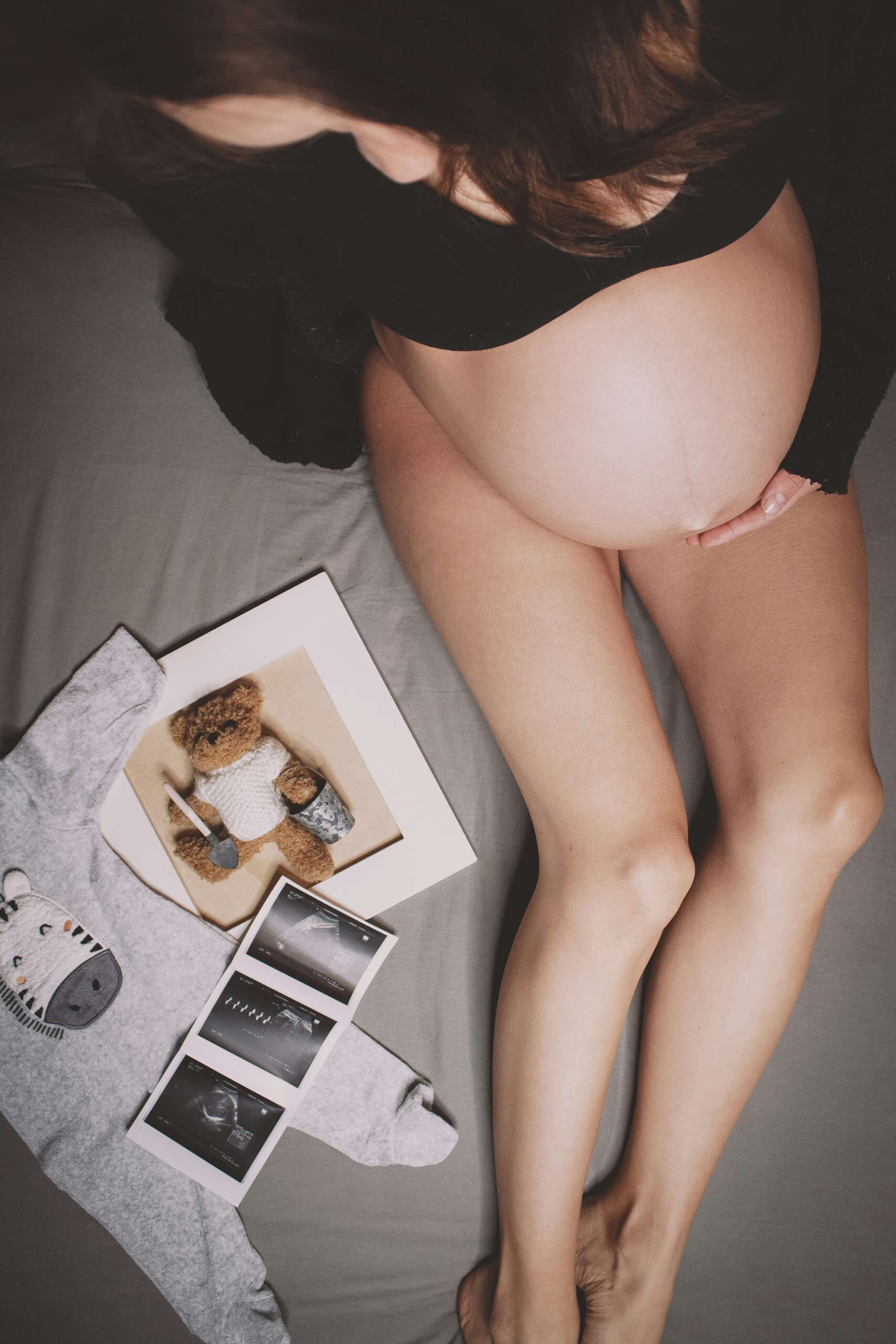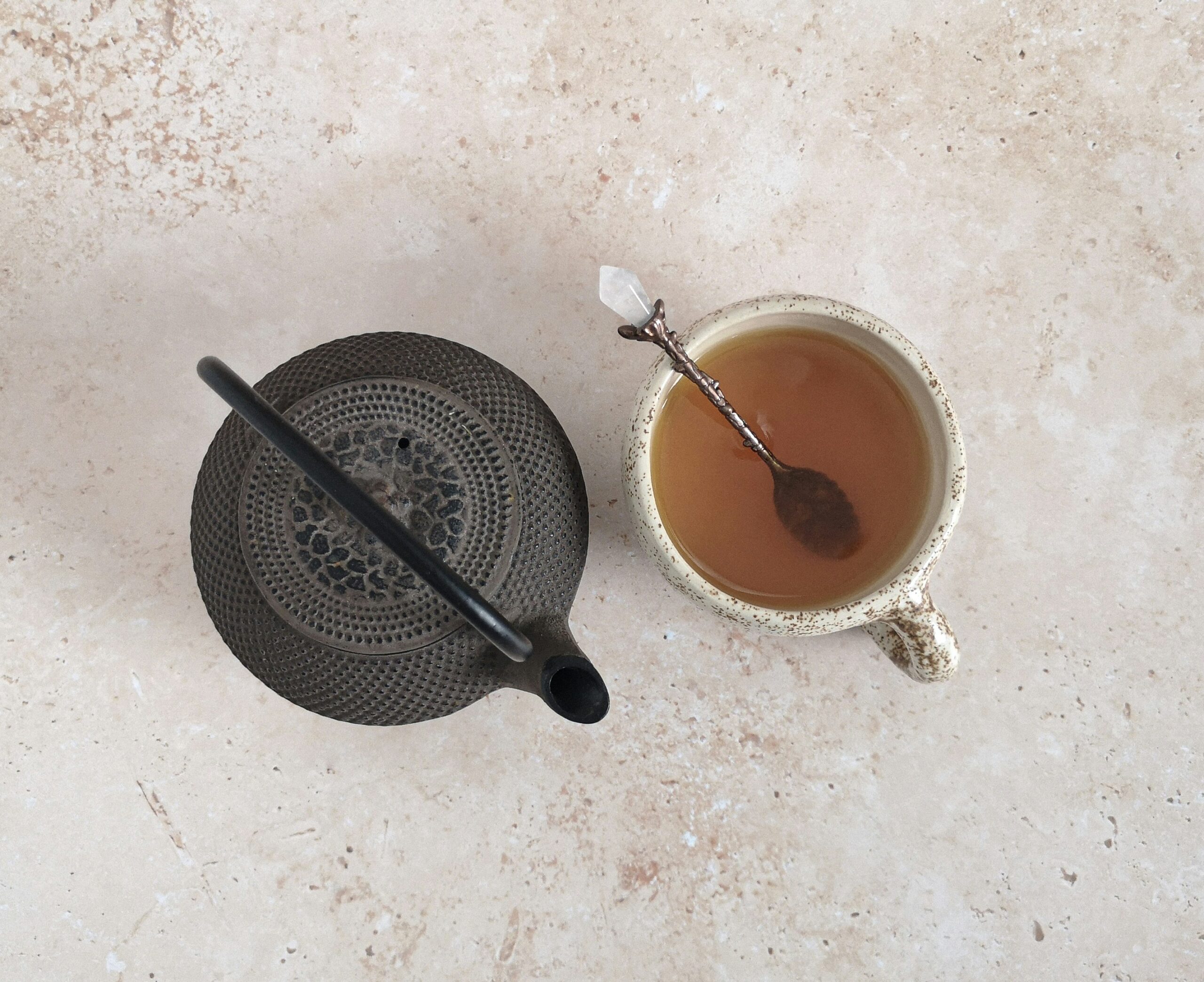
Acupuncture has been gaining attention as a complementary treatment for those trying to enhance fertility. If you’re considering this option, you might wonder how many sessions are needed to see results. While acupuncture can vary in effectiveness from person to person, many suggest that regular treatments over two to three menstrual cycles can support fertility efforts.
Research suggests that acupuncture may help improve outcomes when combined with fertility treatments like IVF. Some studies highlight that it can potentially aid in increasing blood flow to the reproductive organs, which might be beneficial. This practice is becoming more mainstream, leading many to explore it as a way to potentially improve their chances of conceiving.
Ultimately, the path to pregnancy varies for everyone, and personal circumstances will influence how much acupuncture benefits you. Consulting a professional who specialises in fertility can provide tailored advice and treatment plans. They can guide you on the most beneficial frequency and duration of sessions, depending on your individual situation.
Key Takeaways
- Acupuncture can be part of a fertility plan.
- Regular treatments over a few cycles may be suggested.
- Professional advice is crucial for personalised plans.
Understanding Acupuncture and Fertility
Acupuncture, an ancient practice from Chinese medicine, is gaining recognition for its potential to support fertility. It works by balancing qi and influencing reproductive hormones.
Basics of Acupuncture for Fertility
Acupuncture involves inserting thin needles into specific points on the body. This practice aims to balance the flow of energy, or qi, believed to be crucial in various bodily functions, including reproduction. Acupuncture can be an adjunct to conventional fertility treatments and is often used to enhance the chances of conception. Research suggests that acupuncture may help improve blood flow to reproductive organs and reduce stress, which can be a significant barrier to conception.
Traditional Chinese Medicine Perspectives
Traditional Chinese Medicine (TCM) views fertility issues as imbalances in the body’s natural energy flow. Practitioners believe that improving the balance of qi can support reproductive health. According to TCM, conditions like Qi stagnation or Blood deficiency can impact fertility. By targeting specific acupuncture points, treatments may address these imbalances, thereby enhancing fertility. The approach is individualized, considering the unique energy patterns of each person. Herbs and dietary suggestions are often part of the overall treatment strategy alongside acupuncture.
Reproductive Hormones and Acupuncture
Acupuncture may influence key reproductive hormones, impacting your fertility. It is thought to increase the production of endorphins, which can help to balance hormones like estrogen and progesterone. These hormones play a critical role in regulating the menstrual cycle and ovulation. Moreover, acupuncture might affect neurotransmitters in the brain, which control hormone production and release. This hormonal balance may, in turn, improve ovarian function and sperm production.
By understanding these connections, you can see how acupuncture could be a supportive element in your fertility journey. For more detailed insights, including studies on the integration of acupuncture with other treatments, you might find perspectives on acupuncture experiences in the UK insightful at acupuncture practice for infertility in the United Kingdom.
Optimising Fertility Treatment
Acupuncture can complement fertility treatments like IVF by focusing on improving sperm quality, ovarian function, and timing with the menstrual cycle. These strategies help enhance the overall success rates and reproductive outcomes.
Integrating Acupuncture with IVF
Acupuncture is often used alongside in vitro fertilisation (IVF) to support reproductive health. Research has shown that it may help prepare the body for embryo transfer. Acupuncture sessions before and after transfer can relax the uterus and improve blood flow.
This practice might also reduce stress, which can negatively impact treatment outcomes. By creating a balanced environment within the body, acupuncture may improve the chances of a successful pregnancy during IVF treatments.
Enhancing Sperm Quality and Ovarian Function
Acupuncture can play a role in improving sperm quality by enhancing circulation and hormone levels. This can lead to an increase in sperm count and motility. Improved sperm quality is essential for successful conception, especially when undergoing fertility treatments.
For women, acupuncture may aid in regulating ovarian function. This includes enhancing ovulation and balancing hormones necessary for conception. By concentrating on these areas, acupuncture might provide a holistic approach to fertility support.
Timing Acupuncture with the Menstrual Cycle
The timing of acupuncture sessions can be crucial when trying to enhance fertility. Practitioners often recommend specific treatments aligned with different phases of the menstrual cycle. For instance, sessions might target the follicular phase to boost egg quality or the luteal phase to support implantation.
Timing not only optimises the physiological conditions needed for conception but also helps manage stress and emotional well-being throughout the cycle. By aligning acupuncture with these phases, you can maximise its benefits in the context of fertility treatment.
Acupuncture Session Protocols
When considering acupuncture for conception, understanding the number of required sessions and the specific points and techniques used is essential. This can influence treatment and pregnancy outcomes. Each aspect has an important role in addressing conception challenges.
Determining the Number of Sessions
The number of acupuncture sessions you might need can vary based on individual circumstances. Studies suggest that multiple sessions may improve pregnancy rates, especially alongside other fertility treatments. In one trial, regular acupuncture sessions improved results when used with in vitro fertilisation (IVF). Consistent treatment over several weeks or months could enhance chances of conception by supporting reproductive health.
Tracking your body’s response is vital. Practitioners may adjust the frequency based on your situation and progress. It’s common for treatment plans to begin with weekly sessions, followed by adjustments after assessing changes in fertility markers or pregnancy outcomes.
Acupuncture Points and Techniques
Acupuncture involves the use of specific points on the body to influence energy flow and improve fertility. Common acupuncture points are selected based on their traditional roles in boosting reproductive function. Techniques can include gentle needle insertion on points believed to balance hormones and improve blood flow to reproductive organs.
Typical points may target areas like the lower abdomen, legs, and back, essential regions in traditional acupuncture for promoting fertility. Consistency and precision in stimulating these points can be key in enhancing pregnancy outcomes and increasing live birth rates. Techniques might also be tailored to your specific fertility concerns to maximise the effectiveness of the treatment.
Potential Benefits and Outcomes
Acupuncture is considered by some as a supportive therapy that may offer various benefits in fertility treatment. This includes potential improvements in live birth and pregnancy rates, easing infertility-related stress, and possibly boosting success rates in procedures like intrauterine insemination.
Impact on Pregnancy and Live Birth Rates
Many explore acupuncture to enhance pregnancy and live birth rates, especially when undergoing fertility treatments. Certain studies suggest that acupuncture may positively impact these rates in women who have experienced previous unsuccessful attempts at in vitro fertilisation (IVF). The number and timing of sessions can vary according to individual needs, and their impact may not be consistently significant across all cases.
In some instances, additional acupuncture sessions are thought to support hormonal balance and improve ovarian function. This is important for conception success. Although results can differ, some women report favourable outcomes, making acupuncture an appealing complementary option for those seeking to conceive.
Addressing Infertility-Related Anxiety and Stress
Infertility often brings about anxiety and stress, impacting cortisol levels and emotional well-being. Acupuncture is sometimes used as an approach to alleviate these feelings. Some individuals find the practice beneficial not only for its potential physical effects but also for its calming influence on stress levels.
By potentially promoting relaxation and reducing anxiety, acupuncture can provide emotional support during infertility treatments, such as IVF. Although it is not a replacement for traditional mental health therapies, the combination of acupuncture with infertility treatments can contribute to a more positive treatment experience.
Influence on Intrauterine Insemination Success
The role of acupuncture in improving the success rates of procedures like intrauterine insemination (IUI) is of interest to many. While evidence varies, some research suggests that acupuncture might enhance uterine receptivity and blood flow, which could influence IUI outcomes.
It is suggested to consult with your healthcare provider to tailor acupuncture sessions around your fertility treatment schedule. Although some studies indicate potential benefits, acupuncture for influencing conception through IUI should be considered as part of a broader fertility strategy. Being informed about how acupuncture can fit into your plan is crucial.
Professional Guidance and Considerations
When pursuing acupuncture for fertility, it’s important to work with qualified professionals. Customising treatment based on an infertility diagnosis and addressing lifestyle factors can enhance your chances of success.
Selecting a Qualified Acupuncturist
Choosing the right acupuncturist is crucial. Seek a practitioner with expertise in Chinese medicine and fertility. An ideal acupuncturist will have specific training and experience with reproductive health. This ensures they are familiar with the unique acupuncture points related to blood flow and reproductive organs.
Make sure the acupuncturist is registered and certified. They should also collaborate with your healthcare providers, like your OB/GYN, to create a comprehensive plan. This holistic approach can improve the effectiveness of your fertility treatment.
Infertility Diagnosis and Customising Treatment
A clear infertility diagnosis is vital to tailoring acupuncture treatments. Understanding your specific condition, such as issues with blood flow or reproductive organs, allows for more precise treatment. Skilled acupuncturists evaluate your diagnosis and adjust the treatment accordingly.
Regular sessions help in addressing symptoms related to infertility. These might include fatigue, depression, or hormonal imbalances. Acupuncture can potentially boost blood flow and relieve stress, offering a supportive role alongside traditional fertility treatments.
Lifestyle Factors Influencing Fertility
Lifestyle plays a significant role in fertility. Incorporating changes alongside acupuncture can enhance the treatment’s impact. Focus on maintaining a balanced diet, regular physical activity, and stress management techniques.
Certain lifestyle adjustments can improve overall health and increase the efficacy of acupuncture. For instance, avoiding caffeine and alcohol and ensuring adequate sleep can aid fertility. By addressing these factors, you create a supportive environment for conception while benefiting from the targeted approach of acupuncture.
RELATED: Acupuncture for Pregnancy Nausea: Effective Relief Options
RELATED: Essential Oil for Pregnancy Nausea: Best Remedies for Morning Sickness



Comments +